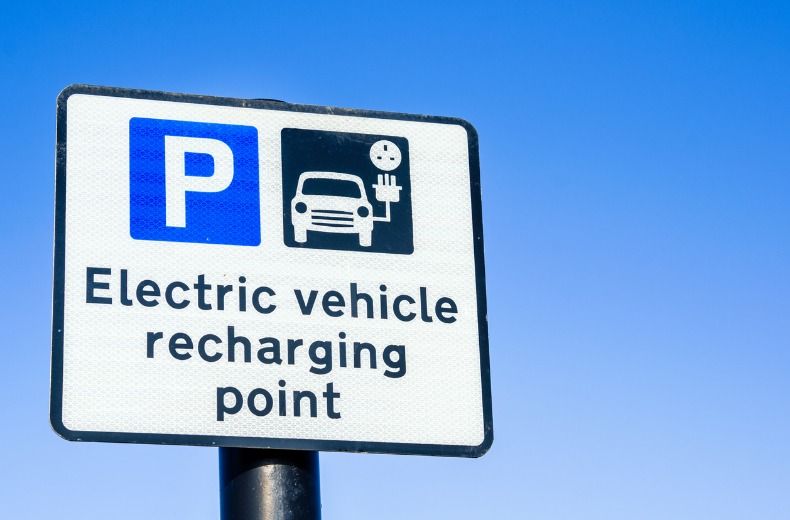The investment could see the number of government-supported electric vehicle chargers double to nearly 8,000.
The Department for Transport (DfT) encouraged local authorities to take advantage of the On-Street Residential Chargepoint Scheme (ORCS), which has already benefitted more than 140 projects.
Transport Secretary Grant Shapps said: “With a world-leading charging network, we’re making it easier for more people to switch to electric vehicles, creating healthier neighbourhoods and cleaning up our air as we build back greener.”
The ban on the sale of new petrol and diesel cars from 2030 has increased the need to improve charging infrastructure.
Motorists without access to off-street charging – 40% of people in England and Wales* – will be particularly pleased by the DfT’s latest announcement.
Although Mr Shapps believes “drivers across the country should benefit from the electric vehicle revolution we’re seeing right now”, others are less optimistic.
Research published on Monday (2 February) suggests that the UK will need another 365,000 chargepoints in time for 2030’s petrol and diesel ban.
Think tank Policy Exchange said the annual rate at which new chargepoints are being installed must increase five-fold from around 7,000 over the past three years to 35,000 over the next decade.
They recommend that the Government issue contracts to private firms to install chargepoints in areas where they are sparse to avoid creating ‘charging blackspots’ – this would mark a switch from the existing policy of offering grants.
Report author and Policy Exchange senior research fellow Ed Birkett said the Government should focus on areas where it “isn’t delivering enough public chargepoints, including the north west of England, Yorkshire and Northern Ireland”.
He went on: “Companies are rolling out chargepoints at a record rate, but there’s a risk that some areas of the country won’t get enough chargepoints and will be left behind.
- Electric car charging – how it works and how much it costs
- Electric cars – a definitive guide and tips for buyers
- The road to electric – The UK's adoption of electric cars in charts and data
According to Zap-Map data there are more than 37,000 connectors in the UK (as of 3 February), the majority of which have been installed by private companies.
RAC spokesperson Rod Dennis said: “It is vital we have a network of ubiquitous, reliable and easy-to-use public chargepoints.
“Without a big increase in the number of chargepoints right across the UK, certain parts of the country risk getting left behind as 2030 approaches.
“Everyone remembers what happened when broadband started to be rolled out and some areas were left with poor connections.
“It would be a major policy failure if something similar happened in the next few years with communities missing out on good charging provision.”

RAC sale – up to 33% off*
• Roadside cover from £5.29 a month†
• We get to most breakdowns in 60 mins or less
• Our patrols fix 4/5 breakdowns on the spot











